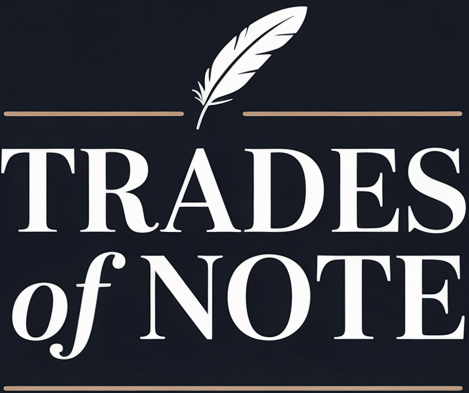Methodology: The Dramatis Personae
The public markets are a theatre of capital, and to make sense of the drama, one must know the cast. The investors we track in the public filings generally fall into one of seven roles.
Institutions
These are the herd. I refer to the great institutions—banks, insurers, and wealth managers—whose business model is one of asset gathering, not return generation. Because their remuneration is chiefly tied to the size of their funds rather than the quality of their ideas, performance inevitably drifts towards that of a tracker fund, minus the hefty fees, while their buying and selling is as much dictated by fund flows as it is conviction. They are the background noise of the market and accordingly I pay them little attention in these musings.
Merger Arbitrage
A rather specialised breed. These funds surface after a takeover is announced, buying shares at a small discount to the offer price. Their wager is simple: that the deal completes as planned, at or above the announced price. The occasional blown deal provides the requisite drama, but it is a rare event.
Individuals
An individual filing a substantial shareholding is, by definition, wealthy. Whether this is by talent, luck, or a judicious choice of parents is another matter. Those that are notable are those who are industry experts, making meaningful wagers in a game they know intimately.
Private Equity
The sharks of the private markets. When a PE firm appears on a public register, it is often a prelude to a hunt. Whether they intend to strike, or are simply content to sit on the board's doorstep as a constant, unnerving reminder of mortality, is the question.
Strategic
These are commercial enterprises—competitors, suppliers, or partners—taking a stake. Their appearance poses a question. Is it the first step in a takeover? The start of a partnership? A blocking move? Or simply a view that the shares are cheap? Their motives are seldom pure and never simple.
Activist
Activists invest capital, time, and ego to force change. The goal could be a new strategy, a new board, or a sale of the company. Their effectiveness varies wildly; many are long on bluster and short on results. But the best of them can be a powerful catalyst for creating value.
Smart Money
Often called ‘hedge funds,’ a term which is usually lazy and frequently inaccurate. What unites them is a culture built on high-conviction portfolios and a compensation structure that heavily rewards performance. They represent a particularly rich seam for ideas.
On Selecting the Notable
Not every filing warrants attention. I am looking for signals amidst the noise—indications of genuine conviction.
This might take the form of a significant stake, typically north of 2%, in a company of reasonable size. Or it could be a meaningful shift in behaviour: a long-time bull turning seller, or a familiar hand doubling down on a long-held belief. The context is everything.
I tend to avoid the shallow end of the pool, where illiquidity prevents sophisticated capital from playing in size. In practice, this means we rarely dip below a £10 million market cap.
N.B. This publication is a work of commentary and journalism, not a financial advisory service. I am a narrator of capital flows, not your personal portfolio manager. No fiduciary relationship is implied or intended, and this is not investment advice.
The information presented here is a starting point for your own research, not a substitute for it. Due diligence is your burden, and yours alone. As an active participant in these markets, my interests and positions may well intersect with the topics discussed. Prudence dictates you assume I am talking my own book.
Invest intelligently, and at your own risk.
